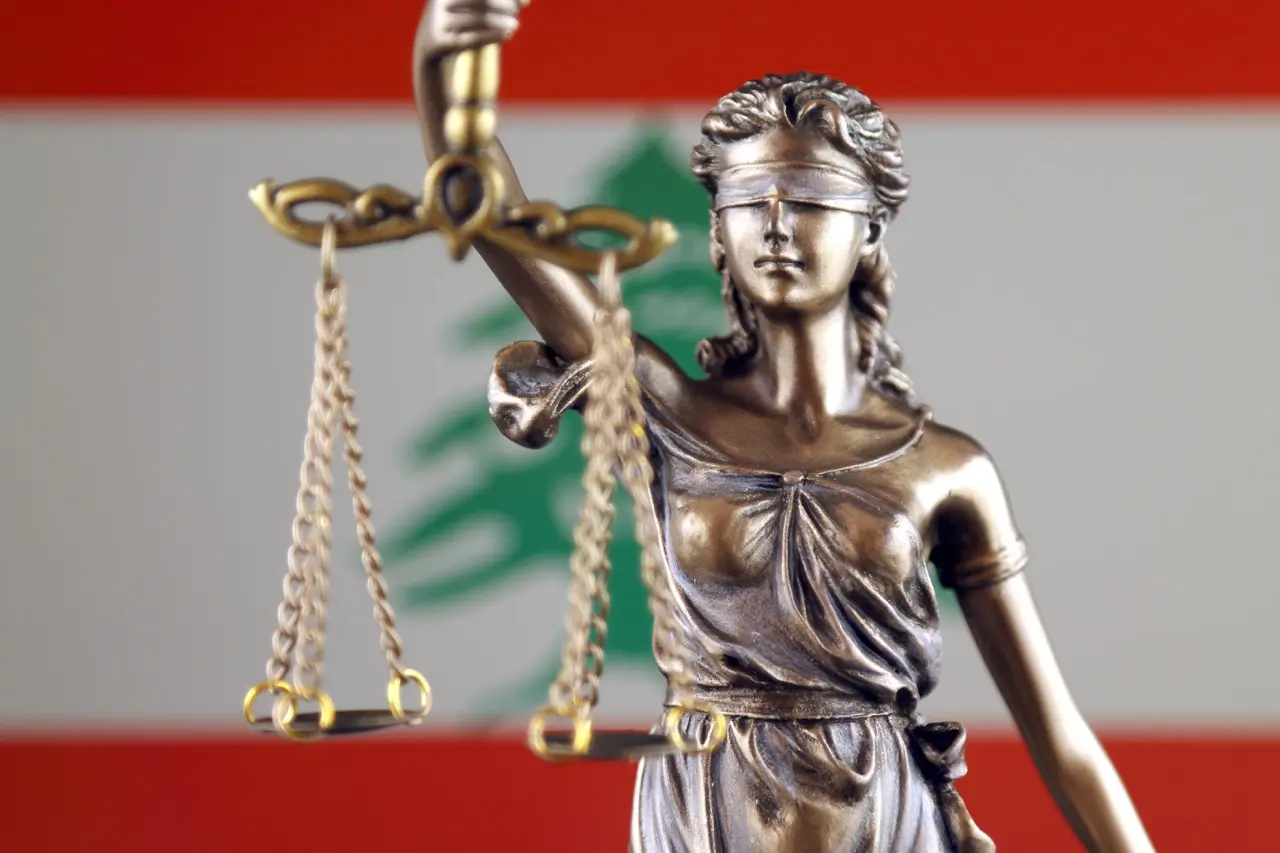(Beirut, September 16, 2025) – Lebanon’s parliament should ensure that the draft media law it is considering upholds the right to freedom of expression, 14 Lebanese and international rights organizations, including the International Commission of Jurists, said today.
.هذا البيان الصحفي متوفر باللغة العربية أيضاً
This includes decriminalizing defamation, blasphemy, insult, and criticism of public officials; prohibiting pretrial detention in speech-related violations; and removing onerous restrictions on the establishment of media outlets. The parliament’s Administration and Justice Committee is set to resume its discussion of the draft law on September 16, 2025.
Lebanon’s criminal defamation laws have been repeatedly used to target and silence government critics, activists, and journalists in Lebanon, with journalists repeatedly summoned before security agencies in retaliation for their work, the organizations said. Parliament should ensure that these practices come to an end by passing a media law that is entirely consistent with international human rights standards, including on the right to freedom of expression and media freedom.
Lebanon’s parliament began discussing a new media law in 2010 after a former parliament member, Ghassan Moukheiber, and Maharat Foundation, a Beirut-based nongovernmental organization specializing in media and freedom of expression issues, submitted a proposal to amend Lebanon’s outdated Publications Law. In January 2023, parliament established a subcommittee to study and amend the draft media law, a final version of which was submitted to the Administration and Justice Committee on May 27, 2025.
The draft law submitted to the committee in May 2025 included significant advancements in protecting the right to freedom of expression in Lebanon, including abolishing pretrial detention and prison sentences for all speech-related violations. It also repealed criminal defamation and insult provisions from Lebanon’s penal code and military judiciary law.
The Administration and Justice Committee started discussions on the latest draft media law on July 29 and has held three meetings on the issue. Parliamentary committee discussions are confidential, unless the committee decides otherwise, under article 34 of Parliament’s Rules of Procedure. The Administration and Justice Committee should make its discussions public to ensure transparent legislative debates and facilitate effective public participation, particularly in light of the law’s impact on upholding or restricting fundamental human rights like the right to freedom of expression, the organizations said.
On August 31, members of parliament received proposed amendments to the draft law’s text. Its title suggested that Lebanon’s information minister had proposed the amendments. The information minister denied being the author, however.
The organizations reviewed the proposed amendments. They include reintroducing pretrial detention, including “under aggravated circumstances, such as infringing on individuals’ dignity or private lives.”
Pretrial detention is only permissible in Lebanon for offenses that are punishable by more than one year in prison. It is expressly prohibited for media-related offenses in Lebanon’s existing media laws.
If adopted, such an amendment would be a significant step backwards for the protection of the right to freedom of expression and media freedom in Lebanon, the organizations said.
The suggested amendment does not specify what “infringing on individuals’ dignity or private lives” entails. A vague law that leaves people uncertain of what expression may violate it has a chilling impact on freedom of expression, as people may self-censor out of fear they might be subject to summons, pretrial detention, or eventual prosecution. Vague provisions also leave the law subject to abuse by authorities, who may use them to silence peaceful dissent.
The suggested amendments would also further unlawfully restrict the work of media organizations that are subject to a legal complaint by prohibiting them from publishing materials about the complainant while judicial proceedings are ongoing. Such a general legislative ban would constitute a serious infringement on the right to freedom of expression, with Lebanese and international rights organizations having long documented the Lebanese authorities’ repeated use of defamation and insult laws to silence media organizations, journalists, activists, and others critical of government policies and corruption.
The suggested amendments would require licensed television stations to provide the Information Ministry and the National Council for Audiovisual Media with regular reports, including detailed information on the schedule of broadcast programming, and imply that electronic media be subjected to a prior licensing regime rather than a notification regime. Unless carefully crafted, such licensing requirements risk allowing for arbitrary decision-making over who can establish and operate media outlets and could facilitate violations of the right to freedom of expression and media freedom.
International human rights standards require that any fees and licensing requirements for allocation of frequencies for broadcast media should not be onerous, and the criteria for applying these conditions and fees should be reasonable, objective, clear, transparent, and nondiscriminatory.
Lebanon’s parliament should adopt a media law that includes rights protections that Lebanese rights and media groups have long fought for, the organizations said. They should immediately lift the secrecy shrouding discussions of the draft media law and reject suggestions that would further restrict the right to freedom of expression and media freedom, including pretrial detention and provisions that criminalize insult and defamation.
Signatory Organizations:
- Amnesty International
- Committee to Protect Journalists
- Cedar Centre for Legal Studies
- Human Rights Watch
- International Commission of Jurists
- Lebanese Association for Democratic Elections (LADE)
- The Lebanese Center for Human Rights (CLDH)
- Legal Agenda
- Maharat Foundation
- Reporters Without Borders
- Samir Kassir Foundation
- Silat Wassel
- Social Media Exchange (SMEX)
- The Union of Journalists in Lebanon





